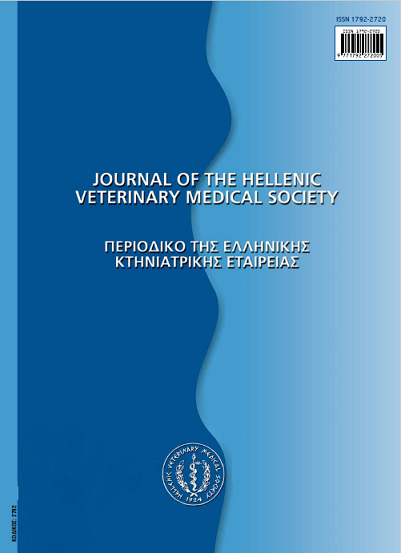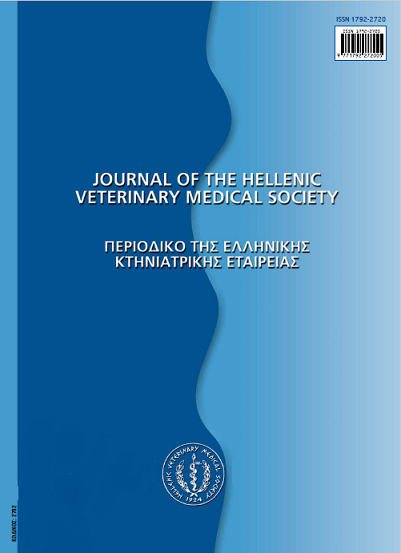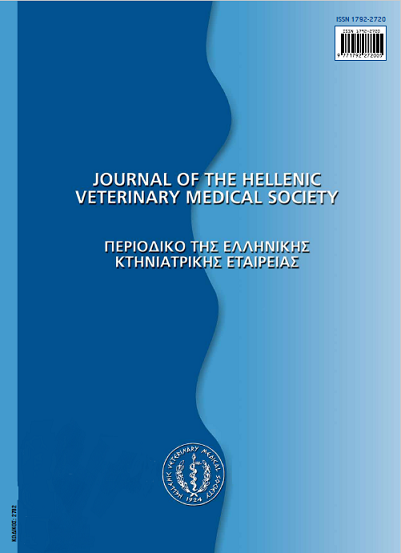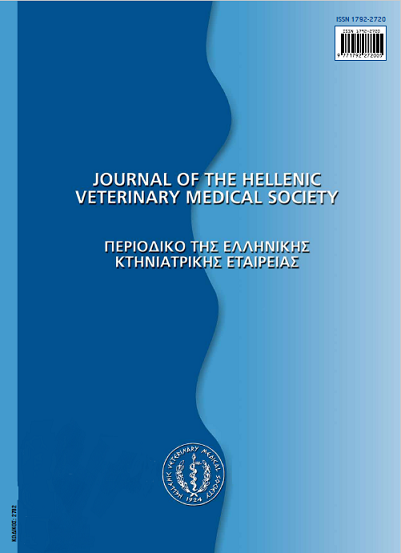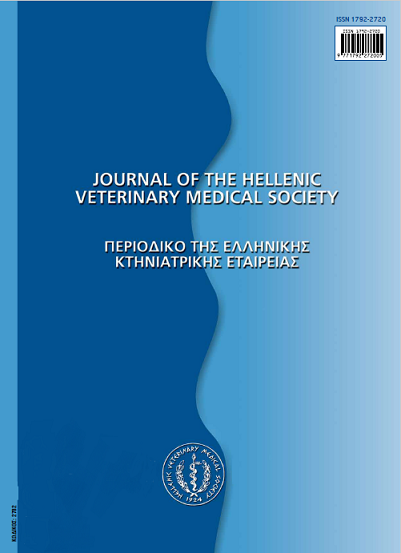Canola meal in cattle rations
Resumen
European Union's policy to promote the production of "bio-fuel" from "energy plants" creates a favourable perspective for rapeseed production in Greece. Rapeseed oil is used to produce "bio-diesel" and after its extraction, a high-protein meal results. Greece is a net importer of protein feeds, which means that a great opportunity arises for the local animal industry. It must be noted that the varieties of rapeseed that are currently used ("canola" or "double zero") contain only minimum amounts of the toxic factors (erucic acid and glucosinolates) of older varieties. In this study, we present: a) the oil extraction method which can affect the quality of canola meal, b) the chemical composition, the nutritive value and the qualitative characteristics of canola meal's nitrogen fraction, c) the use of canola meal in cattle rations and the productivity of cattle receiving these rations and d) the results of a simulation concerning the use and the profitability of canola meal under Greek conditions. Canola meal has a lower nutritional value compared to soybean meal, but not compared to cottonseed and sunflower meals. It presents some interesting features, namely a high methionine, calcium and phosphorus content and significant amounts can be included in balanced cattle rations (15-20% of dry matter), without any negative effect on feed consumption or animal productivity. Canola meal use in cattle rations is profitable when its price is less than 70-75% ofthat of soybean meal.
Article Details
- Cómo citar
-
VALERGAKIS (Γ. Ε. ΒΑΛΕΡΓΑΚΗΣ) G. E., & OIKONOMOU (Γ. ΟΙΚΟΝΌΜΟΥ) G. (2017). Canola meal in cattle rations. Journal of the Hellenic Veterinary Medical Society, 57(4), 315–329. https://doi.org/10.12681/jhvms.15062
- Número
- Vol. 57 Núm. 4 (2006)
- Sección
- Review Articles
Authors who publish with this journal agree to the following terms:
· Authors retain copyright and grant the journal right of first publication with the work simultaneously licensed under a Creative Commons Attribution Non-Commercial License that allows others to share the work with an acknowledgement of the work's authorship and initial publication in this journal.
· Authors are able to enter into separate, additional contractual arrangements for the non-exclusive distribution of the journal's published version of the work (e.g. post it to an institutional repository or publish it in a book), with an acknowledgement of its initial publication in this journal.
· Authors are permitted and encouraged to post their work online (preferably in institutional repositories or on their website) prior to and during the submission process, as it can lead to productive exchanges, as well as earlier and greater citation of published work.

